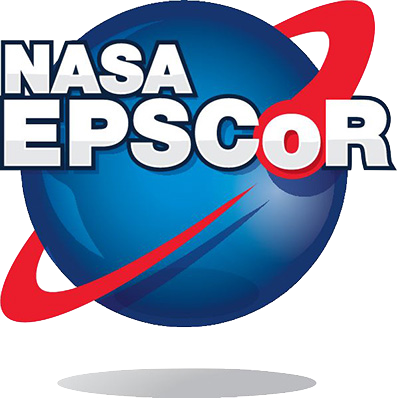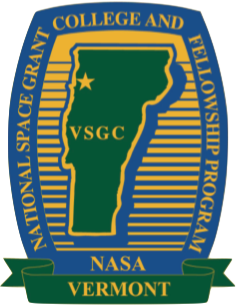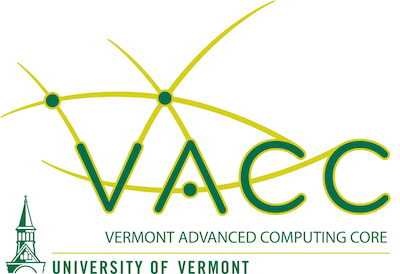Quantum Matter at the University of Tennessee
What We Do
We are a research group focused on studying how collective and cooperative states of matter emerge in quantum many-body systems. We employ the tools of theoretical physics to study phase transitions, dimensional crossover and entanglement in quantum fluids, ultra-cold bosonic gases, superconductors and topological states of matter. This includes using quantum field theory in tandem with the development of novel high-performance computational algorithms for the study of strongly interacting quantum matter. We specialize in the low dimensional spatial continuum, where strong fluctuations preclude any long range ordered phases, and instead a type of universal liquid description is appropriate. Ultimately, we hope to learn how to harness the unique correlations present in all quantum-mechanical phases for high-precision measurement, secure long-distance communication and non-classical computation.
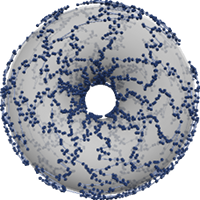
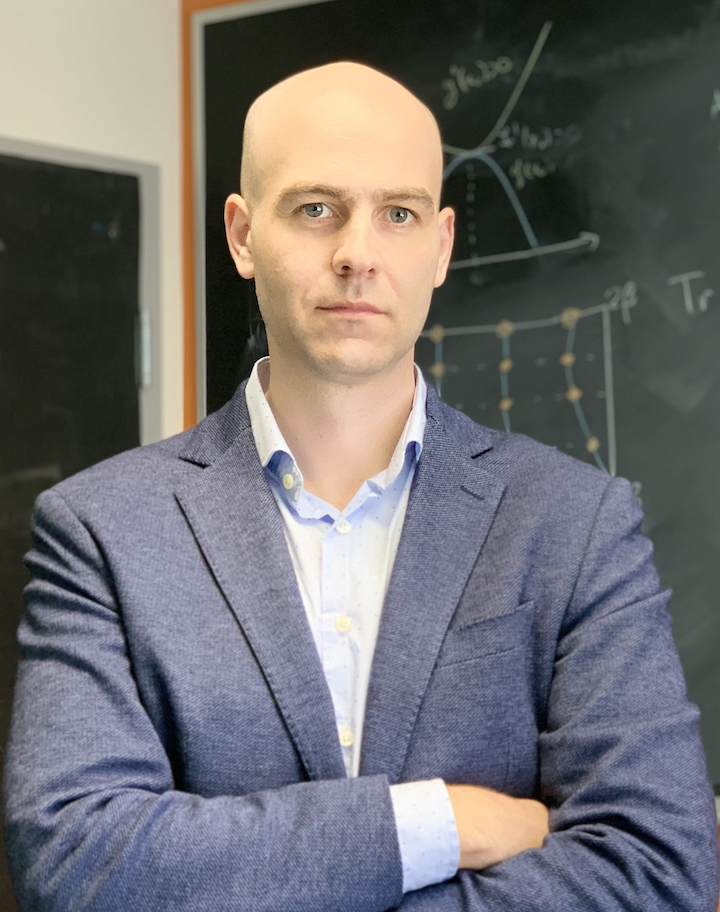
Adrian Del Maestro
is a Professor and Head of the Department of Physics & Astronomy and a Professor in the Min H. Kao Department of Electrical Engineering and Computer Science at the University of Tennessee, Knoxville. He is a member of the Institute for Advanced Materials and Manufacturing (IAMM) and the IAMM Quantum Center.
Our Partners
Our work is currently, or has been, generously supported by the National Science Foundation, the Department of Energy, NASA EPSCoR and the Vermont Space Grant Consortium. Computational resources are provided in part by the Vermont Advanced Computing Core, the Infrastructure for Scientific Applications and Advanced Computing (ISAAC) at the University of Tennessee, and XSEDE, the Extreme Science and Engineering Discovery Environment.

